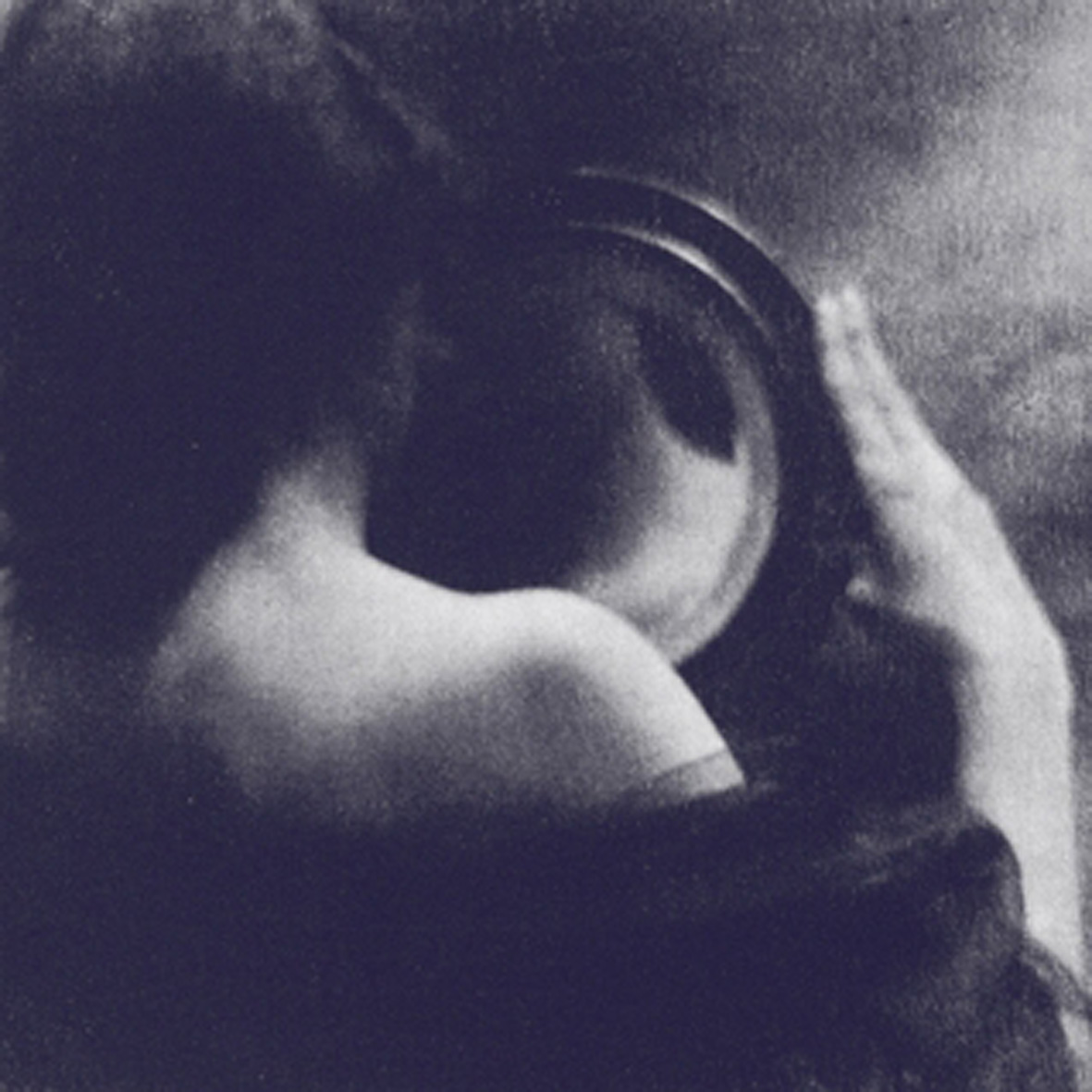
I hate to use the phrase "return to form" to describe this album, as I have enjoyed most of Lawrence English's divergent recent efforts quite a bit, but Wilderness of Mirrors reminds me favorably of the darker, heavier albums that brought him to my attention in the first place (such as Kiri No Oto and It's Up To Us To Live).  Characteristically, English also offers an intriguing concept on Wilderness, but the primary appeal is simply that it is wonderful to finally get another substantial offering of what he does best.  That said, this effort does offer a few surprises, as Lawrence has picked up a few neat tricks from folks like My Bloody Valentine and Swans since he last surfaced in heavy drone mode.
Wilderness of Mirrors borrows its name from a line from T.S. Eliot's darkly ruminative "Gerontion," but in sort of a second-generation way, as the phrase was re-purposed during the Cold War to describe campaigns of deliberate misinformation.  That second use is what inspired the structural aesthetic of Wilderness, as each piece features a buried motif that has been fed back into itself to the point of unrecognizability.  That said, neither those endlessly mirrored loops nor English's increased appreciation for the power of volume and density were particularly conspicuous or revelatory parts of my actual listening experience, except in the case of the crushing and ominous "Another Body," which sounds like the slow-motion collapse of a mountain or a city.  For the first few minutes, I could not believe that such seismic ruin could be coming from a Lawrence English album, but "Body" gradually becomes more traditionally English-esque as it progresses and the rest of the album does not depart all that much from Lawrence's previous work (though it is noticeably scarier in places than I would have expected).
Of course, I still enjoy that traditional "Lawrence English aesthetic" very much, so I was not disappointed that the remaining surprises were comparatively minor.  That is not to say that English has not evolved noticeably–rather, bluntness just is not a Lawrence English trait, so the enhanced sizzle and frequency-saturation of pieces like the wonderful "Forgiving Noir" are probably only apparent to those of us actively looking to notice such things.  In most other respects, Wilderness is simply an enjoyable return to the rich vein of previous excellent Lawrence English drone albums, offering up a heavy, slightly distorted thrum that vibrantly pans and undulates and never sinks into dull stasis or straightforwardness.  To his everlasting credit, English is never content with simple oceanic, immersive density: there is always something deeper happening melodically, harmonically, or texturally.  A prime example of English's mastery in this regard is the opening "The Liquid Casket," which evolves from ominous feedback to a restrained shoegaze roar that gradually fills with uneasy dissonances and harsher metallic sounds, evoking a pile of rusty knives being dragged by a slow-motion tidal wave of molasses (or especially viscous blood).
If Wilderness has a flaw, it is that it moves a long a bit too quickly for my taste, as there are several 2- or 3-minute pieces amidst these 8 songs.  For example, the title piece feels like just a brief extension of "The Liquid Casket" and the following "Guillotines and Kingmakers" is a mere 2-minute interlude of dark ambient atmosphere.  While the segue between "Guillotines" and "Another Body" is admittedly quite a deft and striking one, it still basically feels like Wilderness goes right from the opening piece to already being halfway over, barreling through two transitional pieces before I even realize that they are happening.  While I do think English did a fine job with the sequencing, I also feel like Wilderness is basically just three (or so) great, fully formed pieces and a whole lot of transitional, incidental music and falling action.  As a result, Wilderness feels more like a stretched EP than a truly solid album, so it does not quite stand with English's best work as a whole.  When taken on a song-by-song basis, however, Mirrors boasts some of the most powerful and distinctive individual pieces of Lawrence's career.
 
Read More

